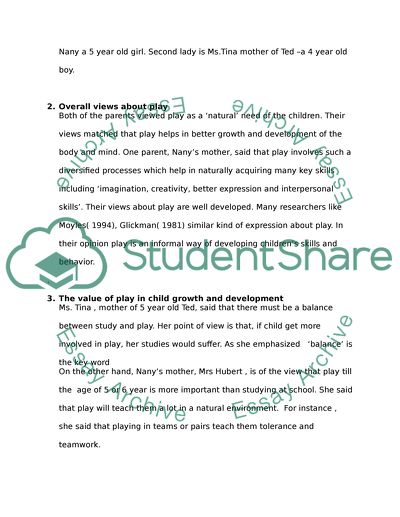Cite this document
(“Design, conduct and report on interviews with parents. (Pedagogy and Essay”, n.d.)
Retrieved from https://studentshare.org/environmental-studies/1418082-design-conduct-and-report-on-interviews-with
Retrieved from https://studentshare.org/environmental-studies/1418082-design-conduct-and-report-on-interviews-with
(Design, Conduct and Report on Interviews With Parents. (Pedagogy and Essay)
https://studentshare.org/environmental-studies/1418082-design-conduct-and-report-on-interviews-with.
https://studentshare.org/environmental-studies/1418082-design-conduct-and-report-on-interviews-with.
“Design, Conduct and Report on Interviews With Parents. (Pedagogy and Essay”, n.d. https://studentshare.org/environmental-studies/1418082-design-conduct-and-report-on-interviews-with.


